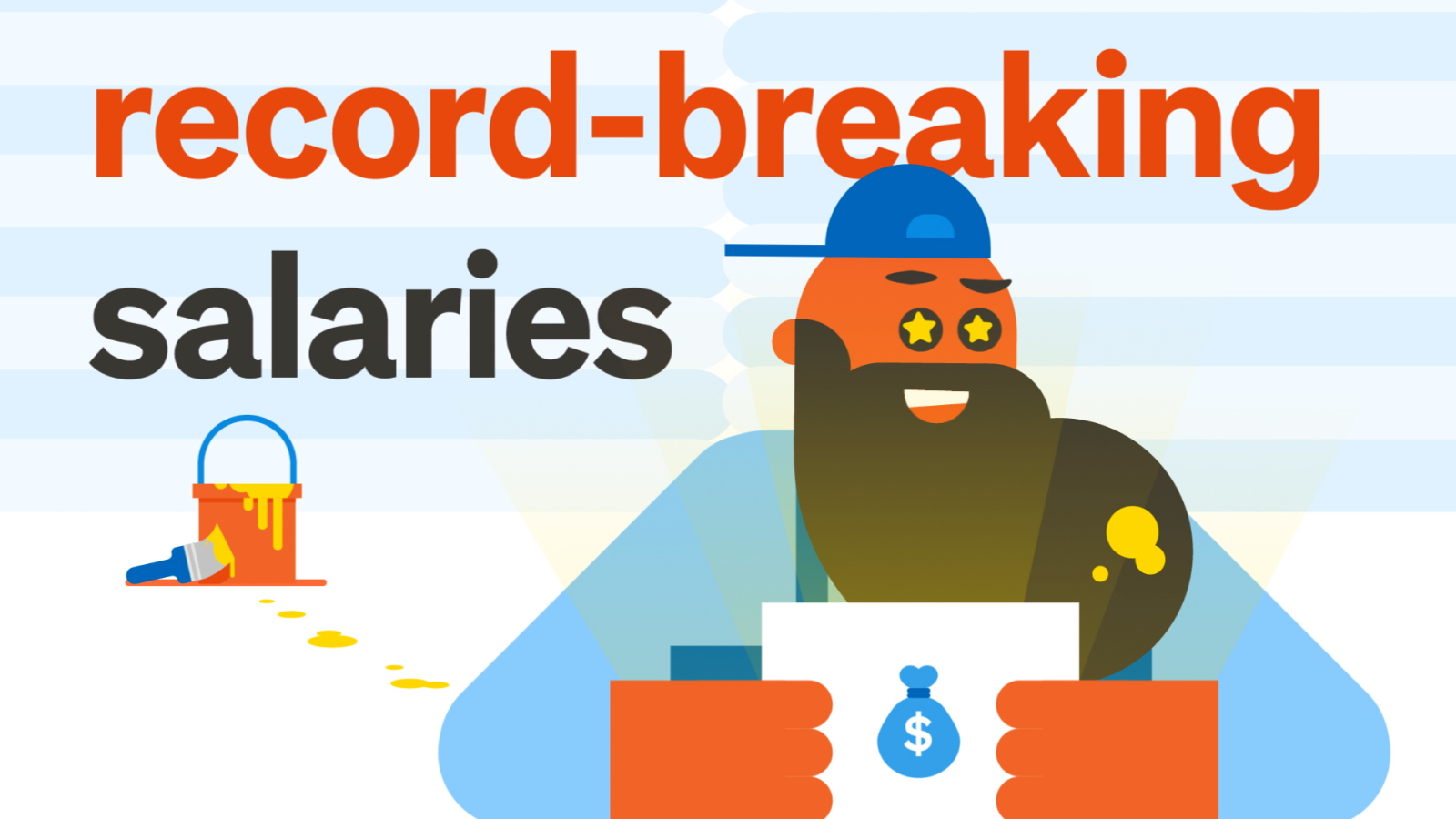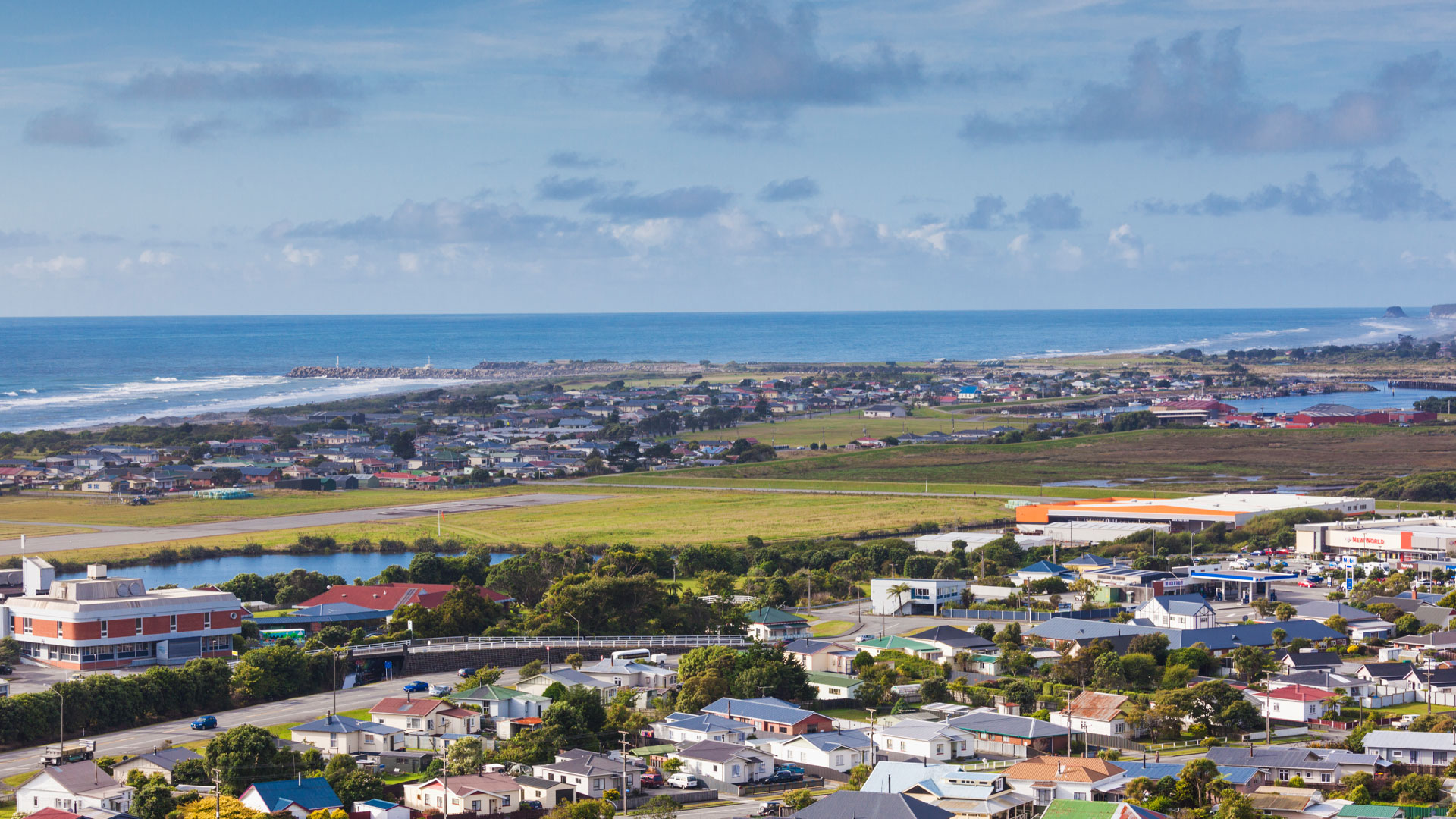Careers advice
What New Zealand’s salary growth means for you
2022 is a great time to ask for a salary increase.
While COVID spelled professional doom and gloom in many regards for what has seemed like an eternity, it appears that now, as we start to emerge from the eras of lockdowns and border closures, the after-effects of COVID may be opening up opportunities for Kiwis. In particular, we’re talking about pay.
With Aotearoa all but closed to overseas professionals for the last two years, and with job insecurity meaning many who may have considered changing jobs deciding to stay put, the demand for talent among businesses has become immense. And right now New Zealand’s unemployment rate is at an all time low.
As a result, we’re seeing businesses willing to significantly up the ante when it comes to securing the people they want to hire, and usually this means offering salaries that are often significantly more generous than what they had previously offered. As Matt Tolich, Sales Director at Trade Me Jobs, says: “In a job hunters’ market, candidates need to be persuaded to apply, so the onus is on businesses to be competitive.”
To show you what we mean, we’re going to take a tiki tour of New Zealand salaries by region, to demonstrate some of the biggest changes we’ve seen in recent times. We’ll also look at what you can do with this information with regards to taking the next step in your career.
Salaries in New Zealand are on the up.
New Zealand’s growing salaries: the data
Auckland has always been the beating heart of business in New Zealand so it will probably come as no surprise to learn that it tops our list of largest wage increases, coming in at a whopping 9% between December 2020 and December 2021*.
However, the rest of the salary increase high flyers may surprise you! Up next is the West Coast, with an average salary increase of 7%. In fact, outside of the Super City and the capital, the West Coast now offers New Zealand’s best average salary, with an average pay packet of $64,778. What’s more, there are plenty of opportunities going in this region with West Coast job listings up a huge 50% in the final quarter of 2021. By the way, the West Coast also saw the greatest increase in property listings from 2020 to 2021 (up 33%), so there’s definitely something going on in this region!.
Other regions to see the same 7% increase in salary offerings between December 2020 and December 2021 were the Hawke’s Bay, Marlborough and the Waikato.
These increases in regional salaries perhaps reflect the work from home (WFH) revolution. During the height of the pandemic, we all became very familiar with WFH however, even though restrictions are not dropping, this trend is showing no sign of going away, As such, with Kiwis now very comfortable with working remotely, some may be looking to head out of the cities and to the regions, where house prices are lower and the views from the home office are that little bit sweeter.
The West Coast has seen an average salary increase of 7%.
So, we’re in a job hunter’s market, what does this mean for you?
Firstly, if you’ve been putting off a career move to wait for a good time, that time has certainly arrived. With such a small pool of candidates out there, the current job market means that you’re perfectly positioned on the salary springboard to negotiate a great pay packet during your next job application. While, of course, you wouldn’t want to let the interviewer know that you’re doing this because of the current market conditions, it’s worthwhile really emphasising the unique blend of skills and experience that you can bring to the table.
When a business needs to hire, a business needs to hire, so if you can be the right person at the right time, you’re in with a great shot of getting that little bit more out of a job offer than you might otherwise have done if you’d applied at a different time. It’s also worth considering that the start of the year is traditionally the busiest time for new jobs to become available, so it’s definitely worth heading online and seeing what’s out there.
Now is a great time to be in the job market.
Perhaps the most obvious step up is asking for a pay rise. Again, there’s a right way to ask for a payrise, even in the advantageous backdrop of a job hunter’s market, and you still need to be realistic. If, for example, you’ve just joined the company or have recently had a pay rise, it’s probably not a good idea to ask for another one. However, if you’ve been thinking about making this request for a while, similarly to people thinking about changing jobs, the stars are pretty much perfectly aligned. Your company will be acutely aware of the lack of staff out there, meaning they will likely want to go above and beyond in order to keep you content in your current position. This could mean they’re more open to granting your request for a pay rise if they think it could mean you don’t start looking elsewhere.
If you think that a pay rise isn’t realistic for the sorts of reasons we’ve already mentioned (you’re new to the role or have received a pay rise recently, for example), there are other negotiable perks you could ask for. These include:
- More holiday
- Flexible working arrangements (if you don’t already have them)
- Financial or resource assistance with your professional development (for example, the business could pay for you to take a course)
- A parking space,
- A new laptop or mobile phone
- Stock options
As with negotiating extra pay, the reason why it’s a good idea to ask for these things now is that the organisation will be wanting to do what they can to make the business as attractive a place as possible to stay. And while a new phone or a couple of extra annual leave days might seem like a big deal to us, to a company in the current market, these are relatively small sacrifices to make to hold onto great talent. As the saying goes, if you don’t ask, you don’t get.
*All data in this section are comparisons between December 2020 and December 2021.
Other articles you might like





